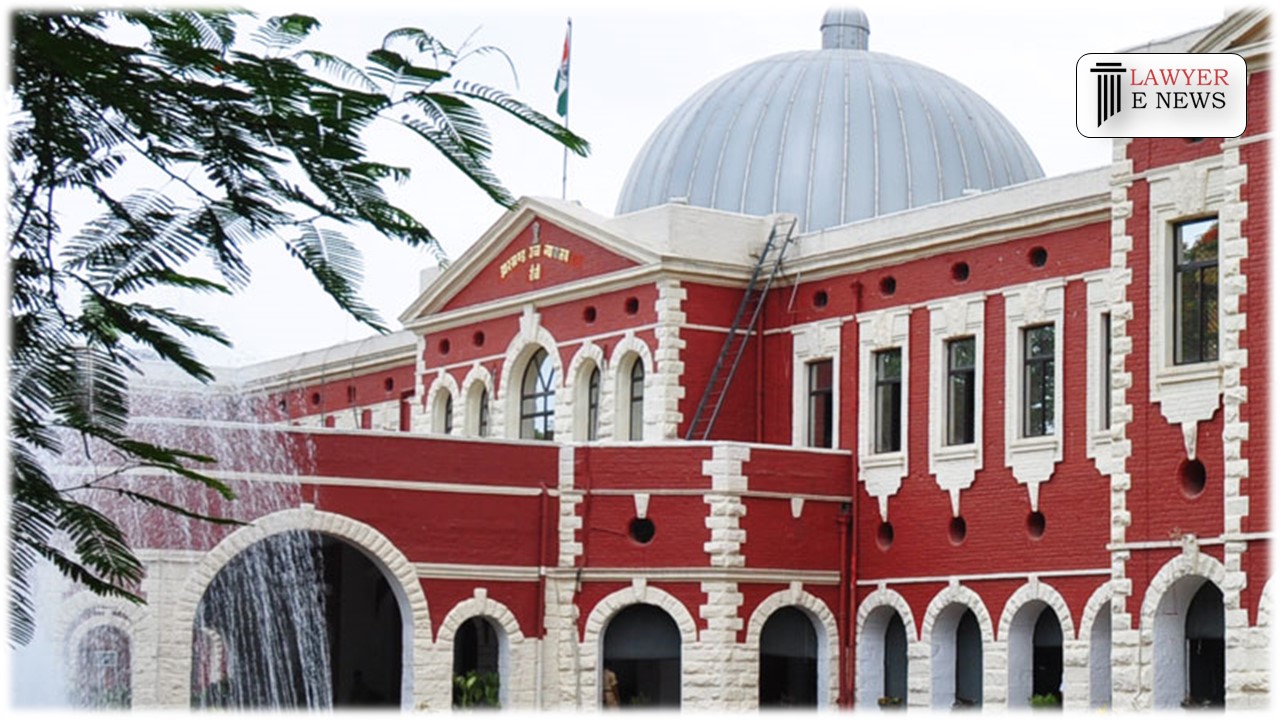-
by sayum
14 February 2026 2:22 PM



High Court Confirms Life Sentence for Amir Mallick; Gudia @ Guria Acquitted Due to Inconsistent Testimonies
In a significant judgment, the Jharkhand High Court upheld the conviction of Amir Mallick in an arson case, reinforcing the critical importance of consistent dying declarations. The bench, comprising Justices Ananda Sen and Subhash Chand, affirmed the life imprisonment sentence for Amir Mallick under Sections 302/34 of the Indian Penal Code (IPC). However, Gudia @ Guria was acquitted, benefiting from inconsistencies in the victim’s dying declarations.
The case revolves around the death of Shabana Parveen, who succumbed to burn injuries on 10th March 2012. The prosecution’s case was primarily built on two dying declarations by the deceased. The first statement was recorded by the police in the presence of a doctor, while the second was recorded under Section 164 Cr.P.C. by a Judicial Magistrate. In both declarations, Shabana Parveen named Amir Mallick as an assailant but omitted Gudia @ Guria in her second statement before the Magistrate.
Credibility of Dying Declarations: The court meticulously examined the dying declarations, underscoring their reliability and consistency. “Dying declarations are paramount in criminal jurisprudence, provided they are voluntary and coherent,” the bench noted. The medical certifications confirming the victim’s fit state of mind during the declarations were crucial in validating their reliability.
Witness Testimonies: Addressing the issue of hostile witnesses, particularly P.W. 1, the husband of the deceased, who did not support the prosecution’s case, the court emphasized the overall evidence’s sufficiency. “Minor discrepancies in witness testimonies do not dilute the prosecution’s case when the core evidence remains intact,” the court stated.
The court extensively discussed the principles guiding the evaluation of dying declarations. It highlighted that a dying declaration could solely ground a conviction if deemed reliable and voluntary. Referring to the Supreme Court’s decision in Purshottam Chopra & Anr. Vs. State (Government of NCT of Delhi) (2020), the bench noted, “The corroboration provided by medical evidence and the presence of a Judicial Magistrate lend substantial credibility to the declarations.”
Justice Ananda Sen remarked, “The consistency and voluntariness of the dying declarations, coupled with medical certifications, leave no room for doubt regarding their veracity.”
The Jharkhand High Court’s judgment underscores the judiciary’s steadfast commitment to upholding justice through rigorous evidence evaluation. By affirming Amir Mallick’s conviction and acquitting Gudia @ Guria, the court reinforced the legal framework governing dying declarations. This landmark decision is expected to significantly influence future cases, emphasizing the importance of consistent and reliable victim statements.
Date of Decision: 24th May 2024
Amir Mallick VS The State of Jharkhand
